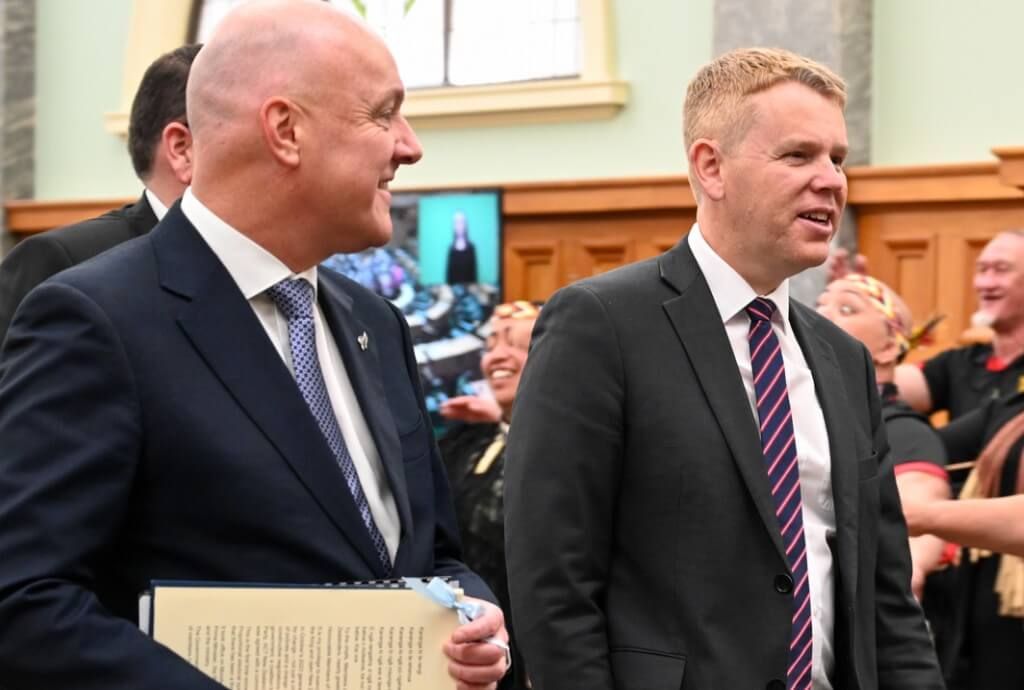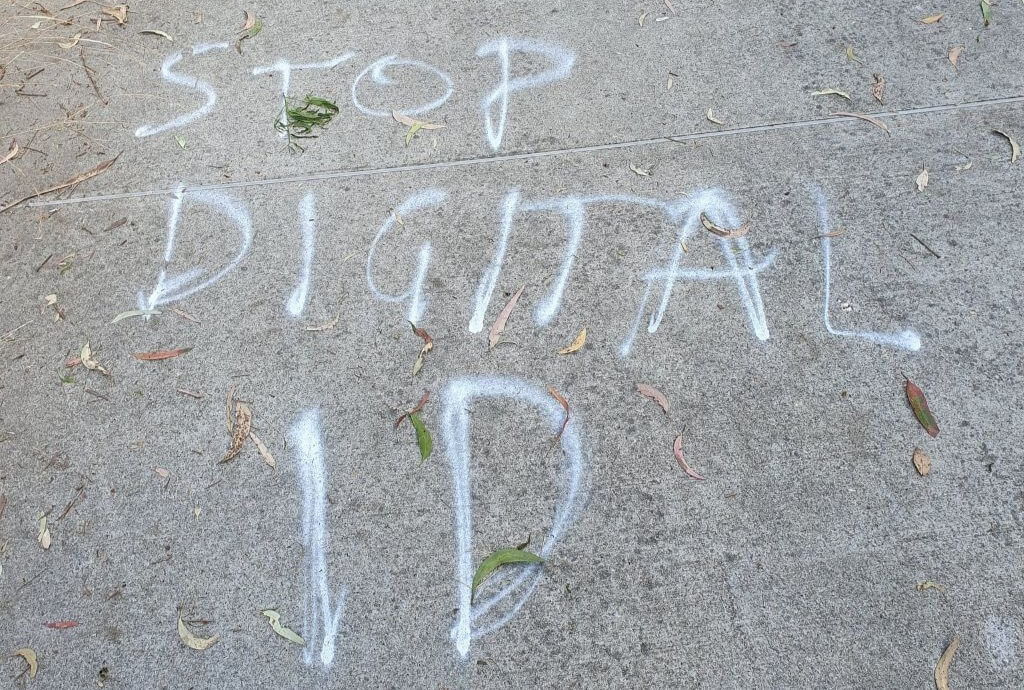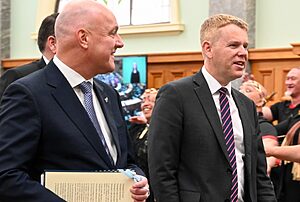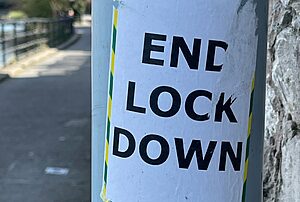In brief
- Is it appropriate for the Government to endorse BlackRock because others may think it will get special treatment?
- The Government implies NZ leadership and ingenuity in renewables is being endorsed, but is NZ leading? What’s BlackRock actually saying?
- It will take much more than $2b to reach 100% renewables (if possible). Are there better ways to reduce CO2?
Is the Government involved in actual investments?
The Government isn’t slated to have anything to do with specific transactions. However, aspirational green policies, backed by financial penalties, like carbon taxes, change the economics greatly.
The policy itself is not a direct incentive to BlackRock. The policy opens up new opportunities to finance because things get built that would note have been without the policy.
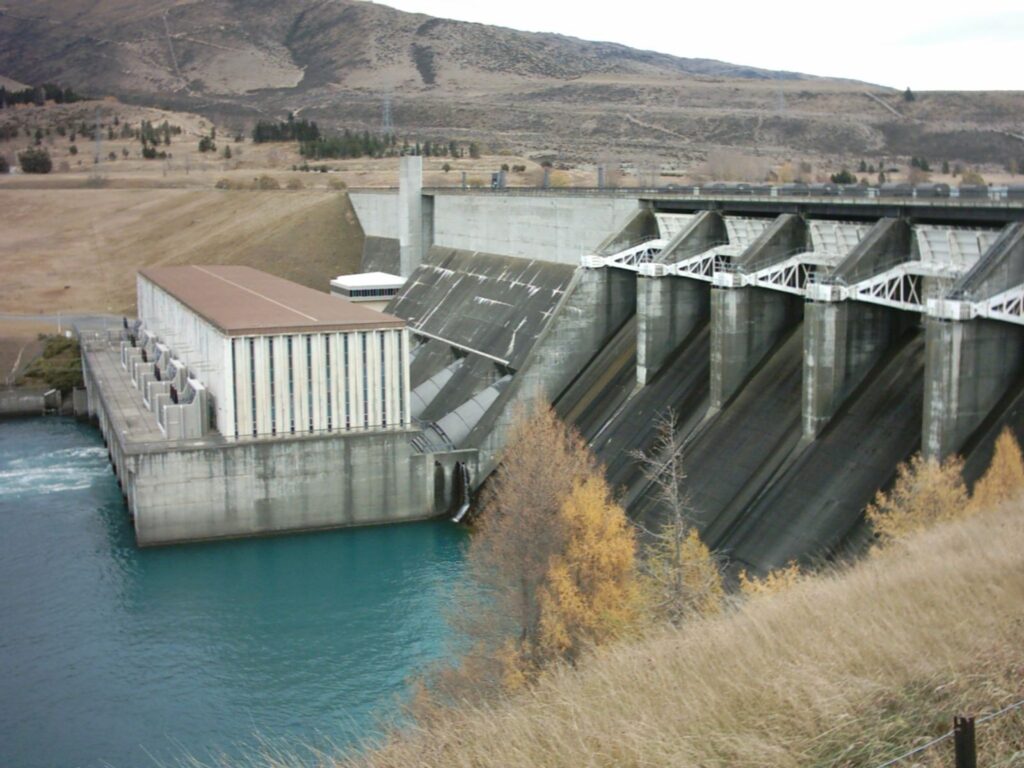
Prime Minister Chris Hipkins notes the Government won’t invest directly in the new fund, but Crown companies and agencies, like the NZ Super Fund and ACC, may. If Government related entities do invest, that is additional management fees to BlackRock. And it may also be seen as confirmation of a leg up in the NZ environment for BlackRock, with the Government investment being added to the endorsement of this announcement. This can be seen as political cover.
Does BlackRock’s proposed fund match the Government description?
The Government highly touts NZ ingenuity in the renewables area and says this Fund will help further that, implicitly suggesting that is part of what attracted BlackRock. But is this really an area of NZ ingenuity or does NZ just purchase the components it needs for the renewable opportunities that are here? Notably, BlackRock says the fund is for renewable infrastructure, which is entirely different from speculative investment for innovation.
The Government also touts the objective of a world leading 100% renewable electricity and suggests the goal of this Fund is to help with that. Talk about an apple pie statement for the left! Any investment by BlackRock that supports an increase in renewables will move the needle in the right direction, but the amount being talked about is only 5% of the $42B wild guess amount supposedly needed for that goal. Again, BlackRock wants a return, not a gold star for something that may not make economic sense.
Is 100% renewable a worthwhile and world leading goal?
New Zealand has long since had a high renewable energy content, due to hydroelectricity and geothermal. Currently they are at 83%, which is very good on a world scale. The grid is currently supplemented with hydrocarbon fuels.
But the Government’s “aspirational” goal of being the “first” to have 100% renewable electricity, by 2030, will be hard to hit. One reason is the price tradeoff after the low hanging fruit is gone. Inevitably, the cost goes up as the country gets closer to the “100% or die” aspiration. It may be 100% renewable electricity does not make financial sense for NZ and they can reduce CO2 more cost effectively elsewhere.
The other reason is you can’t be first if quite a few jurisdictions are already there. It took only a moment to confirm that Norway and at least 3 Canadian provinces (BC, Quebec, Manitoba) are already 100% renewable. But that doesn’t really matter except to tone down the “specialness” of the Government’s aspirational claim.
These jurisdictions may not show up as quite 100% renewable producers in Wikipedia, but all of them are exporters of electricity and actually use less electricity than the renewable electricity they generate. This has been the case for many years or even decades. This was not achieved because they were determined to be green. It was because they had renewable resources that made sense to develop.


